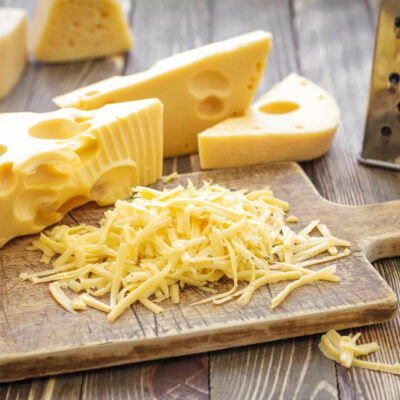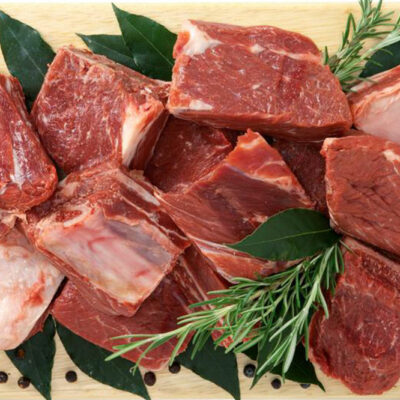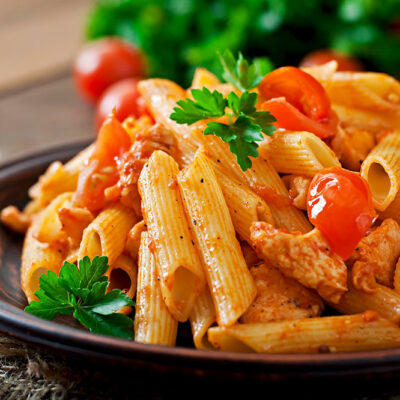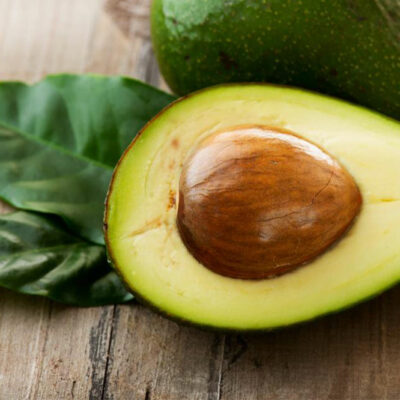
Nutrition
Dietary Tips to Help Lower Blood Pressure
High blood pressure is a common problem these days due to stress, anxiety, lack of sleep, work, and a hectic lifestyle. Hence, being aware of diet tips for lowering blood pressure makes sense. It is believed that lowering blood pressure is correlated with cutting meat out of your diet, especially red meat. There is a relationship between your diet and blood pressure after all. Plenty of evidence suggests that vegetarian diets promote a healthier heart. Researches also show that vegetarians have significantly low blood pressure than meat-eaters. If you wish to achieve a healthy blood pressure then other than cutting down on your meat intake, you should also cut down your salt intake. Diet tips for lowering blood pressure Eating a healthy diet that is full of grains, vegetables, fruits, low-fat dairy products, and saturated fat can help you achieve a balanced blood pressure. Such an eating plan is known as the Dietary Approaches to Stop Hypertension. Meat lovers should follow DASH for lowering the blood pressure. Other diet tips for lowering blood pressure are mentioned herein. Eat more of potassium-rich food items Boosting your intake of potassium can lessen the effects of sodium on blood pressure. Fruits and vegetables are rich in potassium.
Read More 










